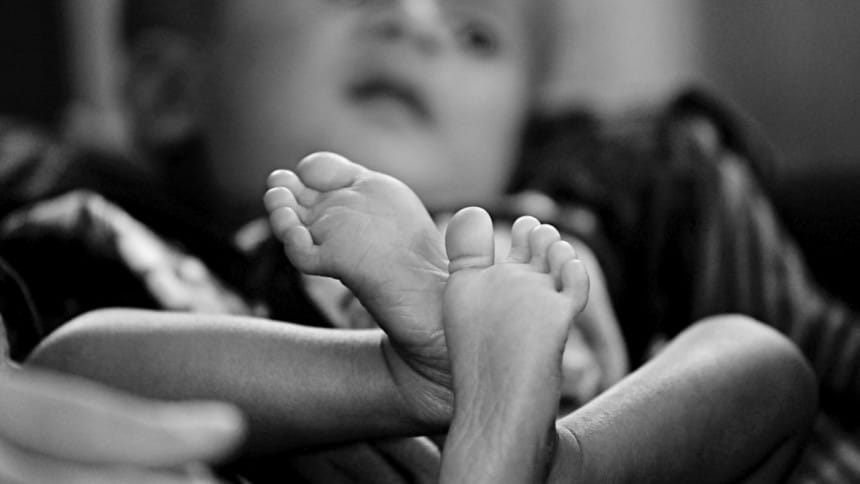Return of Rohingyas: Rakhine situation not conducive yet

The present conditions in Rakhine are not conducive for safe and sustainable return of the Rohingya refugees, said the UN refugee agency yesterday.
"Deep divisions between communities remain unaddressed and humanitarian access is inadequate," UNHCR Deputy High Commissioner Kelly Clements said during a press conference at a city hotel.
She said refugees are still fleeing, with some 1,500 arriving in Cox's Bazar a week, and they suffered immense violence and trauma, witnessing deaths of family members and friends.
"Most have little or nothing to go back to -- their homes and villages have been destroyed ... it is critical that returns do not take place precipitously or prematurely," said Clements before she left last night following a three-day visit to Bangladesh, including Rohingya camps in Cox's Bazar.
Since August 25, over 625,000 Rohingyas crossed over from Myanmar into Bangladesh fleeing a brutal military crackdown that came in response to insurgent attacks on police and army posts by Arakan Rohingya Salvation Army (Arsa).
Myanmar and Bangladesh signed a repatriation deal, but critics said Myanmar has not taken initiatives to create conditions for safe return of the Rohingyas.
Also, certain conditions proposed in the deal, including the one that the Rohingyas have to prove their residence in Myanmar with documents are not feasible, they said.
Kelly Clements said clearly this is a population who fled without documents or the documents have been destroyed in the flight from Myanmar.
"We have to work very closely with Bangladesh and Myanmar in case of other ways of verification of their residence in Myanmar," she said.
The UNHCR hopes to advise both governments on its practical application going forward on the Rohingya repatriation deal, she added.
"The trust building often is helped if there is a third party involved. So, in many locations the agreement is tripartite. I don't know if this will be the case here. But we will certainly offer our support and assistance to both the governments."
She said the UN refugee agency was encouraged by the agreement but stressed that the return of the Rohingyas needs to comply with international standards of safety, dignity and voluntariness that would require an international presence and monitoring in areas of return.
'GRAVE SECURITY RISK'
Prolonged displacement of Rohingya refugees in squalid Bangladeshi camps poses a "grave security risk", conflict analysts ICG warned yesterday, raising the spectre of militants recruiting among the displaced and launching cross-border attacks on Myanmar.
Arsa "appears determined to regroup and remain relevant" and may draw on desperate Rohingya refugees languishing in camps for future operations, the International Crisis Group (ICG) said in the report.
The group may "shift to cross-border attacks" using Bangladesh as a base for recruitment and training, the study said, cautioning the risk of an ever-deepening cycle of violence is all too real, writes AFP.
"Such attacks would have profoundly negative consequences," straining Myanmar-Bangladesh relations and worsening contempt for the Rohingya "that would further diminish prospects of an eventual refugee return".
In another serious looming risk, ICG warned that Rohingya's plight has become a "cause celebre of the Muslim world" with al-Qaeda, Islamic State and other global jihadi groups calling for attacks on Myanmar.

 For all latest news, follow The Daily Star's Google News channel.
For all latest news, follow The Daily Star's Google News channel. 







Comments